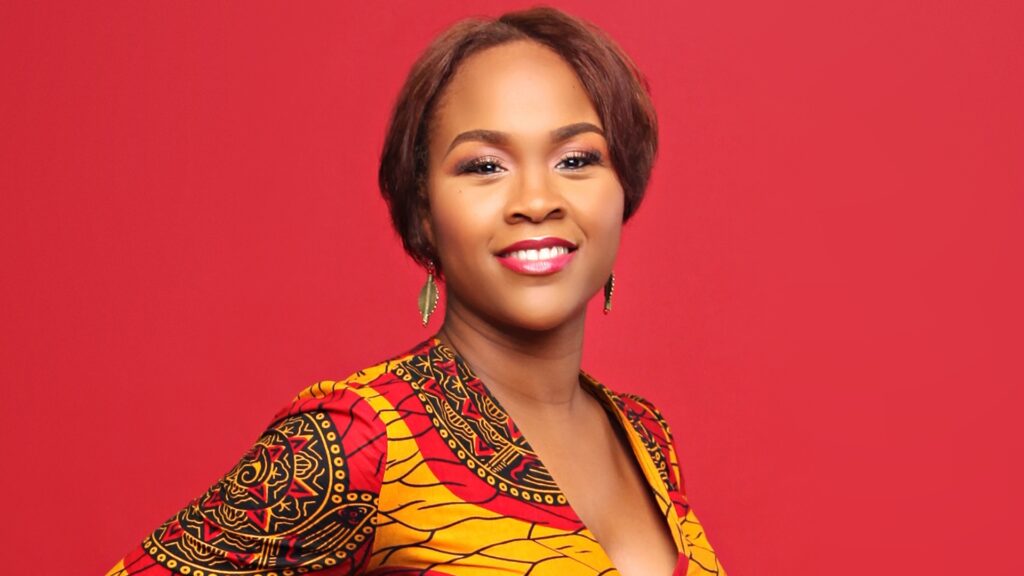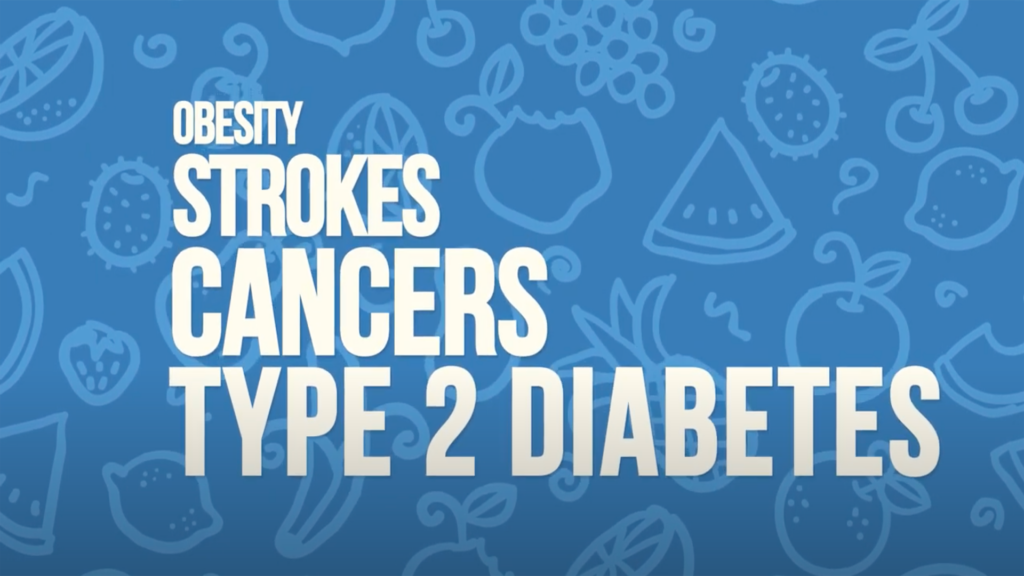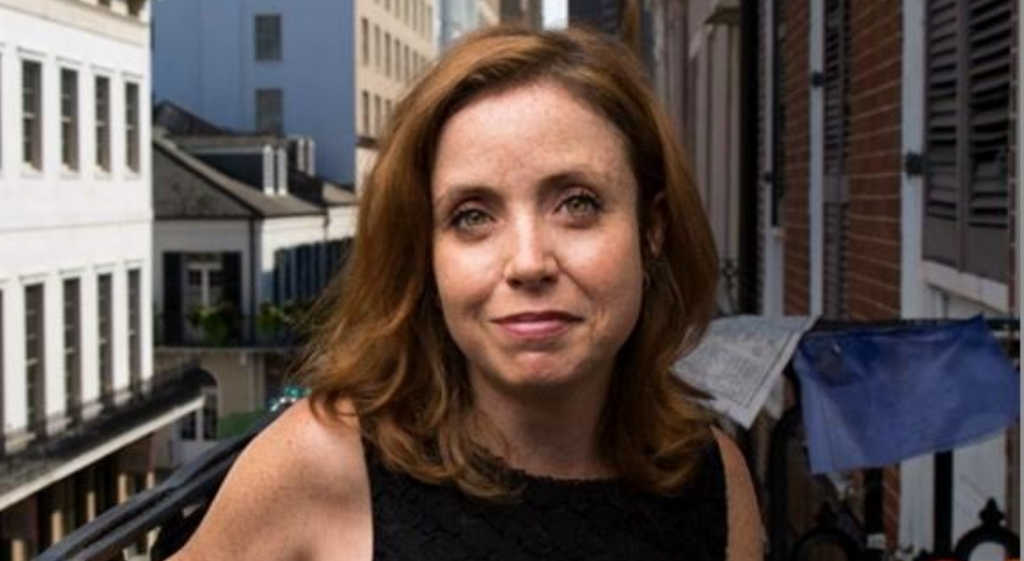Tambra Raye Stevenson, MPH is a Tufts alum and the Founder/CEO of WANDA (Women Advancing Nutrition Dietetics and Agriculture). WANDA’s mission is focused on reaching, teaching, and advocating for women and girls of African descent in the nutrition, dietetics, and agricultural space. Her organization recently joined the Food and Nutrition Innovation Council at the Food and Nutrition Innovation Institute at Tufts University and she is now co-chairing the Nutrition Security and Food Justice working group alongside John Hancock Insurance as well as serving on the Early Innovators and Sustainable Nutrition working groups. All photo credits: Crystale Vail Spearman
We recently interviewed Tambra Raye Stevenson whose organization WANDA joined the Food and Nutrition Innovation Council in 2021. She talked to us about her vision for addressing the many challenges in our current food system, and how her organization’s work with communities is opening new doors to food, agriculture, and health.
What are some of your favorite projects and campaigns and how did they shape your view of what actions need to be prioritized in this space?
First, let’s understand the structural challenges that Black communities are facing in the food system from farm to health: 90% of Black farmers lost their land, 2.7% of registered dietitians/nutritionists are Black, and we have more liquor stores and corner stores than grocery stores and hospitals. For instance in Washington, DC where I call home, there are more than 22 grocery stores West of the Anacostia River than East of the river which is 95% African American which currently has 3 big box grocery stores. Also our schools and clinics have less access to nutrition education, let alone about African diasporan foodways. Therefore, WANDA set out on a mission to develop initiatives to address the lack of human capital investment in our women and girls in the food system.
We must innovate the local food economies, intellectual property and support entrepreneurship as a pathway to economic security.
First, we believe in educating our community and children about the women behind the food along with African foods as medicine through storytelling and programming. Next, we believe we must advocate and join coalition efforts through policymaking to invest in the human potential of greatest assets and enable the environment for a culture of health to thrive. Lastly, we must innovate the local food economies, intellectual property and support entrepreneurship as a pathway to economic security. Our programs and initiatives play a critical role in making an equitable food system:
- The #IamWANDA social media campaign emphasizes the importance of amplifying and recognizing the power of Black women in the food system who have been historically hidden or undervalued in shaping our palates and plates.
- The WANDA Bilingual Books and Dolls supports creating healthy eaters, ready readers, and leaders by celebrating African diasporan food as medicine, reaffirming identity, cultivating future informed consumers, and changing the narrative around what we think of and visualize when we hear ‘healthy food’. Also we are developing a book on Black women leadership in the food system for an adult audience.
- The WANDA Fellowship provides college students with funding, field placement opportunities, mentorship, and women’s food leadership development with an intersectional lens.
- The WANDA Academy provides a digital sisterhood of self-care, service and support that became critically important during the pandemic. With social isolation and nutrition insecurity prominent, we connected Black women residents with Black women dietitians, nutritionists, food retailers, farmers, therapists along with allies. We will see the opportunity to expand the reach and impact through partnerships.
- The WANDA Sisterhood Supper Challenge encourages women to host a meal around the kitchen table and start a conversation on how to create a culture of health, share food memories and submit recipes for the Sisterhood Community Cookbook.

How do you envision WANDA working with other organizations and industries to create a healthier and more equitable food system?
At WANDA we believe in the African proverb: “If you want to go fast, go alone; but if you want to go far, go together.” Similar to the social capital research of Robert Putman, we know that we are better together in building back a better food system that’s equitable, sustainable, and nutritious. In other words, working with multiple sectors and organizations means that 1 + 1 = 5, not 2. Through the power of symbiotic partnerships, we can build an ecosystem that values and invests in Black women and girls, bridges the gap and resolves pain points by leveraging expertise, platforms, and proven performance. When we do this, we can scale innovation and solve complex challenges in the food and nutrition sectors.
In nutritionally divested communities, a lack of infrastructure and investment in human capital is pervasive across this country from my home state of Oklahoma to Washington, DC where I call home now. We need to center Black women in the food system as entrepreneurs, policymakers, media makers, culinary creators, and nutrition educators.
In collaborating with organizations, I envision a proper diagnosis for what ails the food system. From there, we can provide a more accurate prognosis together. For instance, if the diagnosis is food apartheid in my community, then the collaborative partners acknowledge and are willing to apply an appropriate plan of care that doesn’t include band-aids for broken bones or a broken food system.
In nutritionally divested communities, a lack of infrastructure and investment in human capital is pervasive across this country from my home state of Oklahoma to Washington, DC where I call home now. We need to center Black women in the food system as entrepreneurs, policymakers, media makers, culinary creators, and nutrition educators. Historically we have been hidden figures in the food system. Today we say we must be the food sheroes that our communities need to thrive and co-create a culture of health.
What are some collaborations and connections at the Food and Nutrition Innovation Council that you’re excited about?
I am excited about collaborations that include an aligned purpose, product, population or psychographics, and problem-solving opportunities for a win-win situation to innovate the food system. I am especially thrilled to co-chair the Nutrition Security and Food Justice working group with John Hancock Insurance as we look at innovative and concrete steps to address these challenges.
I am excited about collaborations that include an aligned purpose, product, population or psychographics, and problem-solving opportunities for a win-win situation to innovate the food system.
Recently I had the opportunity to speak at the American Heart Association’s Foodscape Innovation Summit about WANDA. That was an example of an organization providing its platform to amplify and value the voices and work of Black women in the food system to contribute to its impact report. Also, the Danone Institute of North America along with Food Tank provided a platform to add value and insight to the conversation on planetary health.
How do you think FNIC can enhance and empower your initiatives?
I am currently reading “Inclusify: The Power of Uniqueness and Belonging” by Stephanie K. Johnson, which I highly recommend to your bookshelf. The book will provide perspective in seeing the value in propelling the initiatives of WANDA. If representation is half the battle, then the other half is creating an environment where everyone feels valued, seen, and heard. This point is critically important for brand reputation, retention, and growing your bottom line. After reading, here are seven ways to create social impact and benefit their bottom line with WANDA:
- Build a talent pipeline of Black women and girls in the food and nutrition sectors by cultivating leaders, providing paid internships, promoting women to positions of power, and directing recruitment and retention to hire more Black women for a more inclusive workforce.
- Amplify Black women and girls who are food sheroes on your media platform to reach new audiences and create empowering narratives and images
- Contribute to the Food Shero Freedom Fund to provide scholarships for academic training in food, agriculture, and nutrition for students desiring to work in nutritionally divested communities.
- Support policy that creates an enabling environment for a healthy sustainable food system and communities such as loan repayment programs for RDNs, wellness opportunity zones, inclusive nutrition curriculum, and nutrition education for all.
- Recruit and retain Black women in your supplier diversity program and provide technical assistance to ensure entry.
- Invite WANDA to speak and/or provide workshops at your organization or provide consulting on reaching Black women in your marketing, human resource and programmatic efforts.
- Recommend Black women in food to be featured in WANDA’s upcoming leadership book and pre-order copies.
You earned your Masters in Health Communication here at Tufts, what were some core principles that you learned during your time at Tufts that carried into your advocacy and education work?
Studying at Tufts in Boston was a valuable experience along with taking courses through the Consortium. I had the opportunity to combine my graduate training in health communication with entrepreneurship and health marketing courses at Boston University Graduate School of Management.
Also the applied learning experience truly made an impact and laid the foundation for my Ph.D. program in Communication (media, technology and democracy) at American University School of Communication. My ALE was on how HRSA-funded Health Career Opportunity Program (HCOP) websites can improve in recruiting more BIPOC students to build a pipeline into the health profession.
Studying at Tufts in Boston was a valuable experience along with taking courses through the Consortium. I had the opportunity to combine my graduate training in health communication with entrepreneurship and health marketing courses at Boston University Graduate School of Management.
With Tufts’ specialty in community health, there was alignment with my current research team. For instance my current research focuses on community-level communication using low-tech interventions in Black communities. I really enjoyed the race, ethnicity and health course that planted the seed of how culture influences our health. Also the politics, programs and public health course reinforced my desire to take my first job working at the U.S. Department of Health and Human Services after Tufts.
Core Principles:
- Recognize the congruence of policy, politics, and public health
- Take a practical application to health communication
- Co-creating and collaborating with the community
- Continuously innovate and discover communication channels to reach your audience



